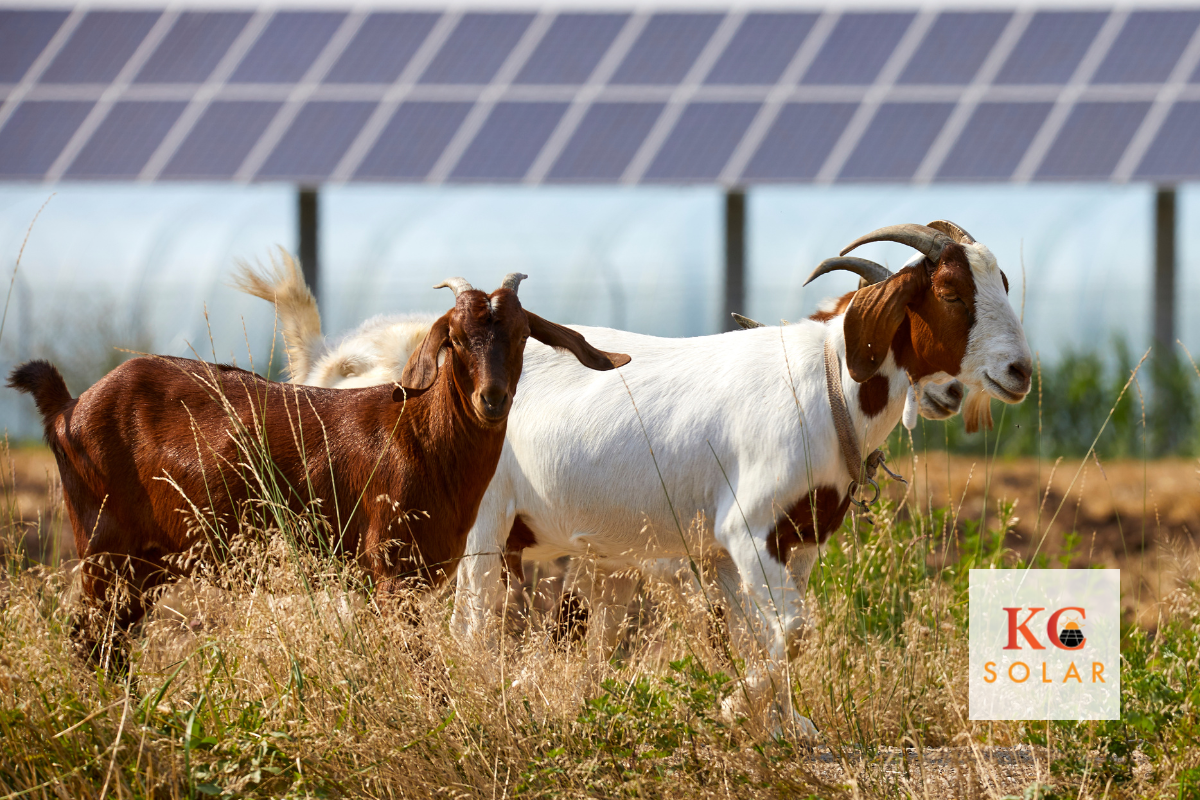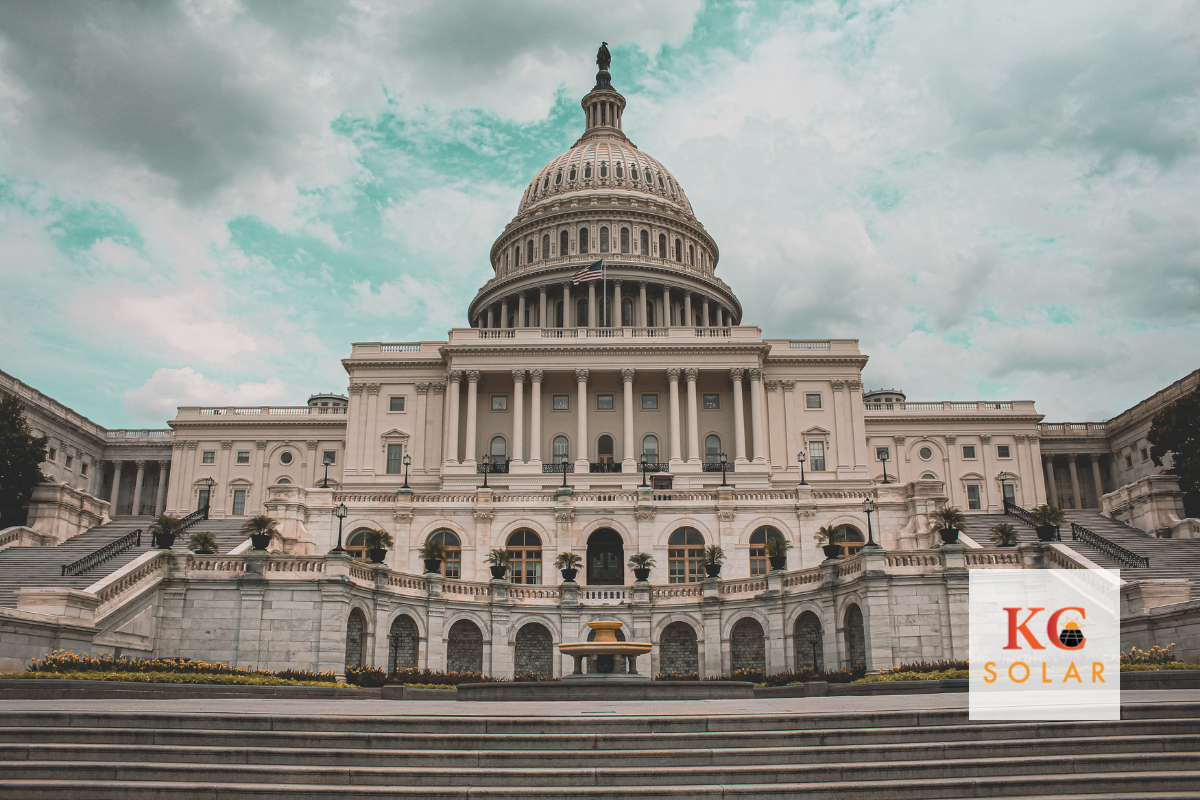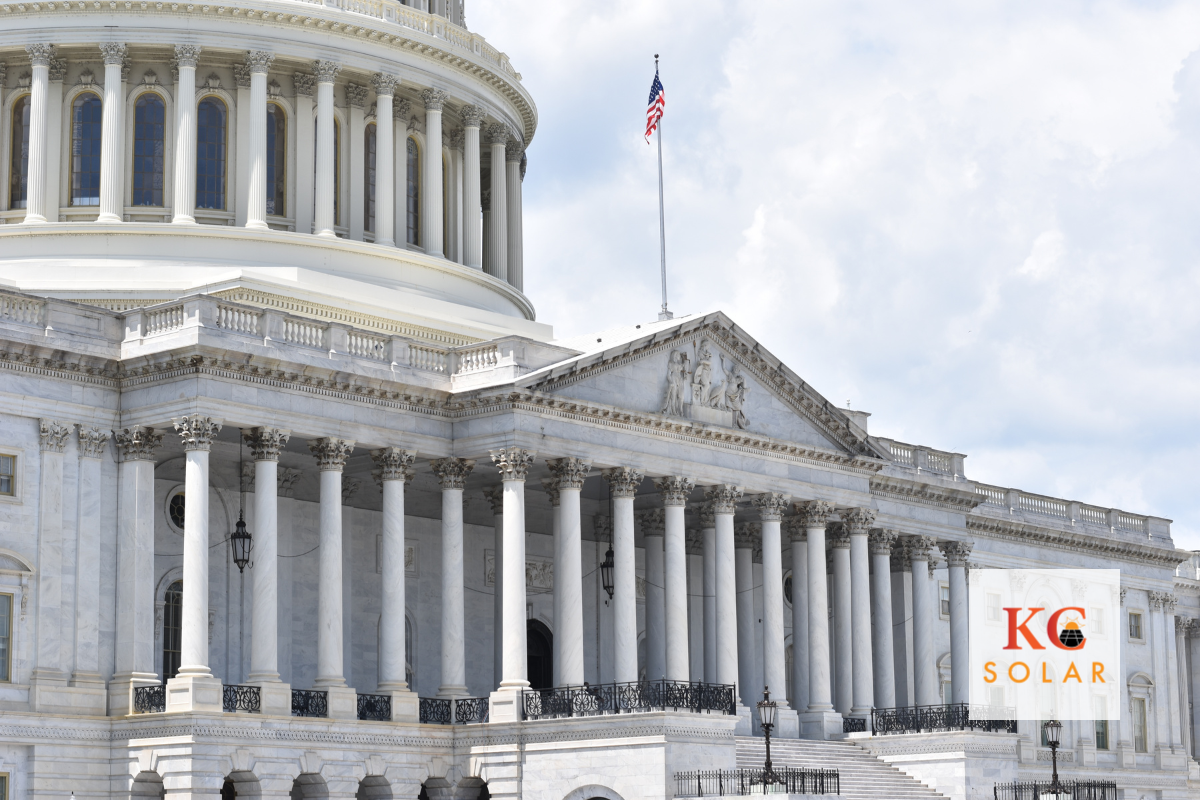As energy costs rise and sustainability becomes a top priority, many farmers are turning to solar energy to power their operations. Solar panels can significantly reduce energy expenses, improve environmental impact, and even generate additional income. However, the upfront costs of installing solar panels can be daunting.
Fortunately, solar power farm grants and financial incentives can help offset these costs. Here’s what you need to know about solar panel grants for farms and how they can support your agricultural business.
Why Consider Solar Panels for Your Farm?
Farms require a significant amount of energy to operate equipment, irrigation systems, refrigeration units, and more. Solar energy offers a reliable, cost-effective solution. By installing solar panels, farmers can:
- Reduce energy costs: Solar power can significantly lower monthly electricity bills.
- Increase energy independence: Solar energy reduces reliance on volatile fossil fuel markets.
- Enhance sustainability: Solar energy is clean, renewable, and reduces carbon emissions.
The long-term financial benefits, combined with environmental advantages, make solar an appealing option for agricultural operations.
Key Solar Power Farm Grants and Financial Incentives
There are several grants, tax credits, and financial programs designed to help farmers adopt solar technology. Here are some of the most notable options:
1. Rural Energy for America Program (REAP)
The USDA’s Rural Energy for America Program (REAP) provides grants and loan guarantees to agricultural producers and rural small businesses for renewable energy systems and energy efficiency improvements. REAP can cover up to 25% of the total project cost, with loan guarantees available for up to 75%. This program is one of the most accessible and widely used solar farm grants.
2. State-Specific Solar Incentives
Many states offer additional solar incentives, rebates, and grant programs. For example, Missouri‘s Solar Rebate Program, offered by certain utilities, provides financial incentives for solar installations on farms and businesses. Additionally, Missouri farmers may qualify for Property Assessed Clean Energy (PACE) financing, which helps cover the upfront costs of solar projects with long-term repayment options.
In Kansas, the Renewable Energy Property Tax Exemption allows agricultural businesses to install solar panels without increasing property tax assessments. Kansas also participates in net metering programs, enabling farmers to earn credits for excess solar energy sent back to the grid. Check with your state’s energy office or local utility provider to explore specific programs available in your area.
3. Federal Investment Tax Credit (ITC)
The Federal Investment Tax Credit (ITC) allows you to deduct a significant percentage of the cost of installing a solar energy system from your federal taxes. The ITC provides a 30% tax credit for solar systems on both residential and commercial properties, including farms . This credit can be combined with other grants and incentives for maximum savings. Just be sure to act quickly as this tax credit may be at risk under the new presidential administration.
4. Environmental Quality Incentives Program (EQIP)
Administered by the USDA’s Natural Resources Conservation Service (NRCS), EQIP offers financial and technical assistance to agricultural producers for conservation practices, including solar energy projects. EQIP focuses on promoting sustainable farming practices and reducing environmental impact.
5. Local Utility Rebates and Incentives
Some local utility companies may offer rebates and incentives for renewable energy installations. These programs vary by region but can provide substantial savings. Contact your local utility provider to see if they offer solar incentives for agricultural customers.
How to Apply for Solar Farm Grants
Applying for solar power farm grants may seem overwhelming, but breaking the process into manageable steps can help:
- Conduct an Energy Audit: Determine your farm’s energy needs and potential savings from solar.
- Develop a Project Plan: Outline the scope of your solar installation, including costs, expected energy output, and environmental benefits.
- Identify Available Grants: Research federal, state, and local programs that fit your project.
- Gather Documentation: Prepare financial statements, business plans, and technical details required for grant applications.
- Submit Applications: Follow the specific guidelines for each grant program to ensure your application is complete and accurate.
Many solar providers also offer grant-writing assistance to help streamline the process.
The Long-Term Benefits of Solar for Farms
Investing in solar energy is not just about immediate cost savings. The long-term benefits include:
- Stable Energy Costs: Solar power reduces exposure to fluctuating energy prices.
- Increased Property Value: Solar installations can enhance the value of your farm.
- Environmental Stewardship: Reducing reliance on fossil fuels helps protect natural resources.
- Potential Income Streams: In some areas, you can sell excess energy back to the grid through net metering programs.
By leveraging solar farm grants and incentives, farmers can make a smart, sustainable investment that pays off for years to come.
Interested in Solar for your Farm? Let’s Chat
Switching to solar energy is a strategic move that benefits both farmers and the environment. By tapping into available grants, tax credits, and rebates, agricultural businesses can offset initial costs while securing long-term energy savings. As technology advances and financial incentives expand, there has never been a better time to invest in solar. Taking the first step toward solar adoption today can lead to a more resilient, cost-efficient, and sustainable farm for future generations.
KC Solar are your local Kansas City solar panel installation experts. Once you schedule a no-pressure site visit, our experts will help you understand what solar system specifications would be best for your home or business.
We are a local company made up of KC natives with KC pride — in our city, and in our work. Which means we’ll always give you the best of ourselves.
And be sure to download our Free Solar Panel Buying Guide for more information.
We look forward to serving you!





